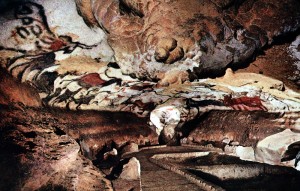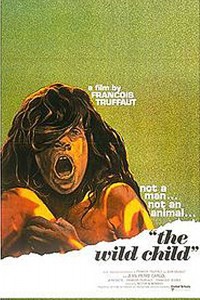In the novel 1984 by George Orwell, the citizens themselves are turning more into objects than they are humans. The citizens in this dystopia seem to lack what makes humans unique, our consciousness. I believe that having a conscious, but not being able to act on it is far more restricting, as one can recognize oneself not adhering to oneself. As a result, they have become mindless drones.
When Hegel describes sense knowledge as the poorest form of knowledge, he is describing an object. An object that has no conscious, and, therefore, no ability to act by itself. Only others may manipulate it. But, the citizens of the dystopia seem to act in a similar fashion. They are unable to make their own decisions, and can only act in ways that benefit the state. As a result, they have no choice but to adhere to exterior will, similar to how an object can only be moved by an exterior force. The citizens also have their identity given to them. From their job, to their home, the state has complete control over their lives. As a result, they have no room to form a personal identity. Hegel states “All that it says about what it knows is just that it is; and its truth contains nothing but the sheer being of the” (91). The state has somehow created citizens that fit this example. Since they have little personal identity, what they are is simply what they are. They are an entity that exists in this home, that does this function, etc. and that is all that is known of them. Essentially, the state has successfully created a state where citizens are more object than human.
In regards to how the state treats their citizens is not what Hegel would describe as an interaction between two conscious’. In order for self-consciousness to exist, one must recognize the other as a being of conscious. As Hegel states “Self-consciousness exists in and for itself when, and by the fact that, it so exists for another; that is, it exists only in being acknowledged. The Notion of this its Unity in its duplication.”(178) So, since the state does not acknowledge the conscious of its subjects, it has effectively rendered its subjects to have no consciousness to them.
The citizens of this dystopia lead an obviously miserable life. Their destiny is basically pre-determined, and their available actions are limited. As a result, I wonder which is better: To have a conscious but not being able to follow it, or just having no conscious at all.



 In discussions about identity, philosophers often mention the influence of others on a self. In our most recent readings about self-consciousness, Hegel says, “Self-consciousness exists in and for itself when, and by the fact that, it so exists for another; that is, it exists only in being acknowledged.” He then goes into a discussion of the interaction between two beings and how the interaction is what makes them fully self-conscious. So if this reaction never existed, what would be the result?
In discussions about identity, philosophers often mention the influence of others on a self. In our most recent readings about self-consciousness, Hegel says, “Self-consciousness exists in and for itself when, and by the fact that, it so exists for another; that is, it exists only in being acknowledged.” He then goes into a discussion of the interaction between two beings and how the interaction is what makes them fully self-conscious. So if this reaction never existed, what would be the result?